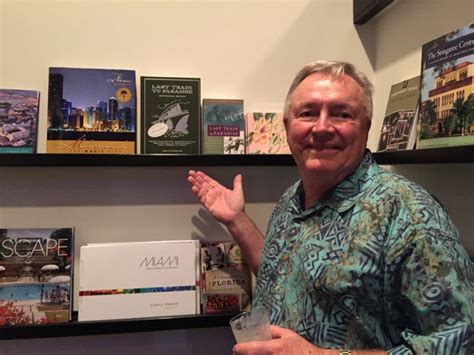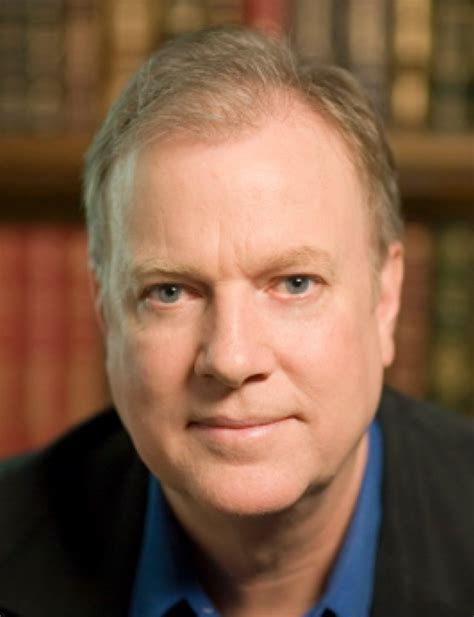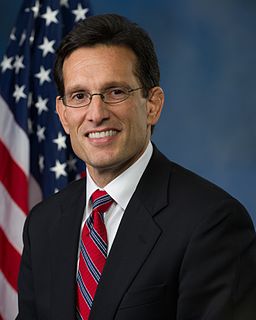A Quote by Les Standiford
There are vast differences between scripts and stories, of course. Few fiction writers would want to give up the opportunity to explore how the minds of their characters work, or to set aside the opportunity to provide necessary background exposition in a succinct fashion.
Related Quotes
I love telling truthful honest stories. I suppose I'd love the opportunity to be a superhero within a realistic dramatic piece. It would have opportunity for humor too of course. And ideally I would be the writer/director? (Though I suppose if I was, it is POSSIBLE I would give myself a meaty but smaller part so I could focus on the latter of my duties... Maybe).
Many writers struggle with exposition in their novels. Often they heap it on in large chunks of straight narrative. Back story – what happens before the novel opens – is especially troublesome. How can we give the essentials and avoid a mere information drop?
Use dialogue. First, create a tension-filled scene, usually between two characters. Get them arguing, confronting each other. Then you can have the information appear in the natural course of things.
I did it as first lady, I did it as a senator, I did it as secretary of state, and I know how hard it is. It's not something you do once or twice and then throw your hands up because it is grinding work. But it is necessary work. So I am really welcoming of the opportunity to meet with not only people who agree with me but those who don't to see what we can do to try to bridge the differences.
In fiction, it's as if you enter a dream world that you created, but your characters have their own free will. They don't do what you want them to do - they get into trouble, do drugs, fight over petty things, and do outrageous things that you wouldn't want your children to do. In other words, you can only provide the background, the seeds - in my case the background of the Vietnamese refugee.
The lack of opportunity is ever the excuse of a weak, vacillating mind. Opportunities! Every life is full of them. Every newspaper article is an opportunity. Every client is an opportunity. Every sermon is an opportunity. Every business transaction is an opportunity, an opportunity to be polite, an opportunity to be manly, an opportunity to be honest, an opportunity to make friends.
There was a time in my life when opportunities were so few and far between they were like little cracks in the wall, and if one opportunity came my way, I would scratch and claw and bite and I would do anything I could to make sure that I grabbed that opportunity by the throat and I did not let it go.
What writers of fantasy, science fiction, and much historical fiction do for a living is different from what writers of so-called literary or other kinds of fiction do. The name of the game in F/SF/HF is creating fictional worlds and then telling particular stories set in those worlds. If you're doing it right, then the reader, coming to the end of the story, will say, "Hey, wait a minute, there are so many other stories that could be told in this universe!" And that's how we get the sprawling, coherent fictional universes that fandom is all about.
Opportunity shies away from need, but opportunity is attracted by talent and ability. What you don't want to happen is opportunity to turn cool on you. You don't want to offend opportunity. So the only thing you present to opportunity is ability, performance and skill. Don't present need to opportunity.
I enjoy working with writers and their scripts. It's very exciting to me. Eventually I would like to produce, direct and act onstage, but it's not a heavy pressure. When I do it, I want to do it well. I'm just educating myself with writers and scripts, because I didn't read a lot of books when I was growing up.
There are very real differences between science fiction and realistic fiction, between horror and fantasy, between romance and mystery. Differences in writing them, in reading them, in criticizing them. Vive les différences! They're what gives each genre its singular flavor and savor, its particular interest for the reader - and the writer.



































